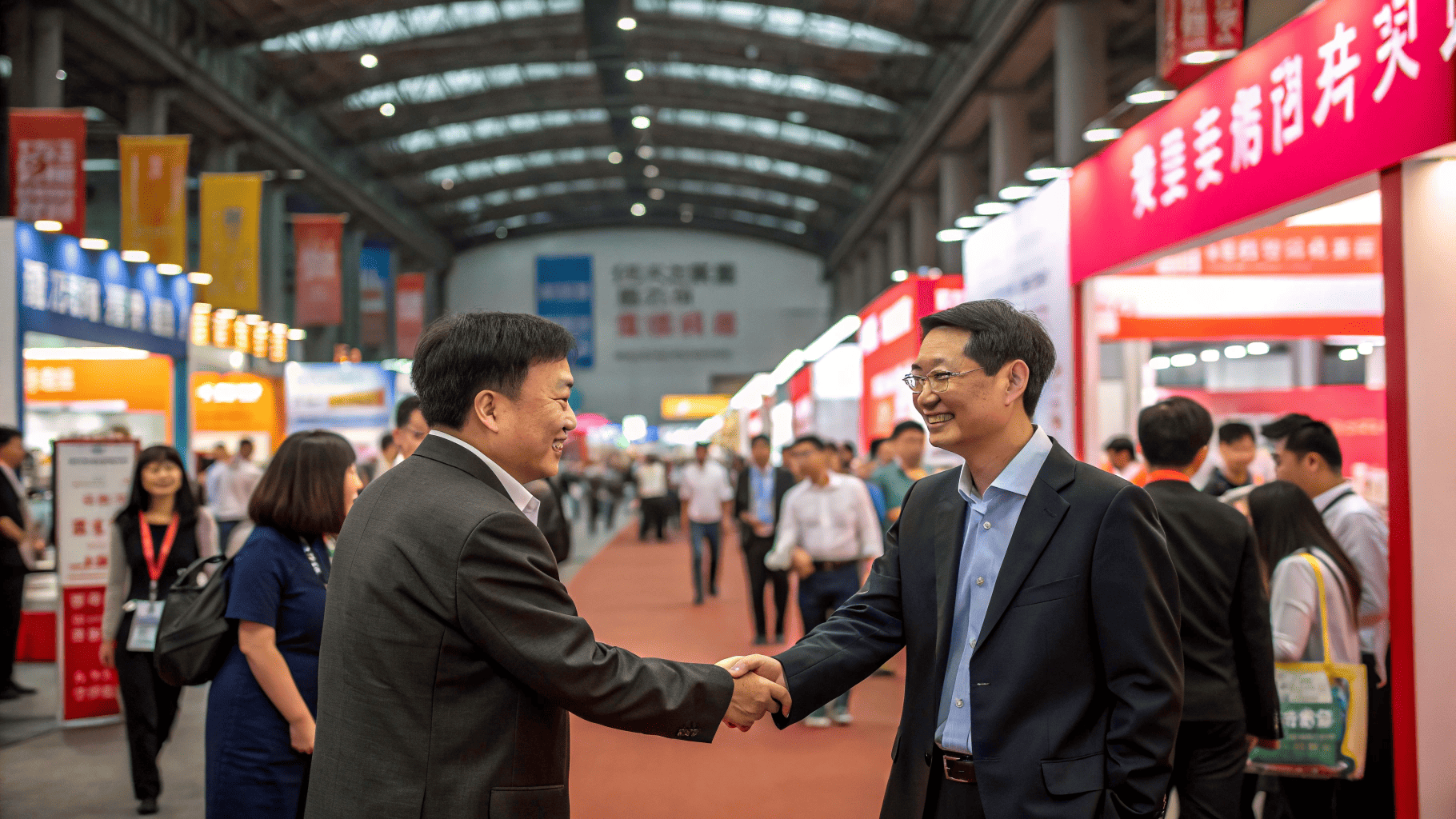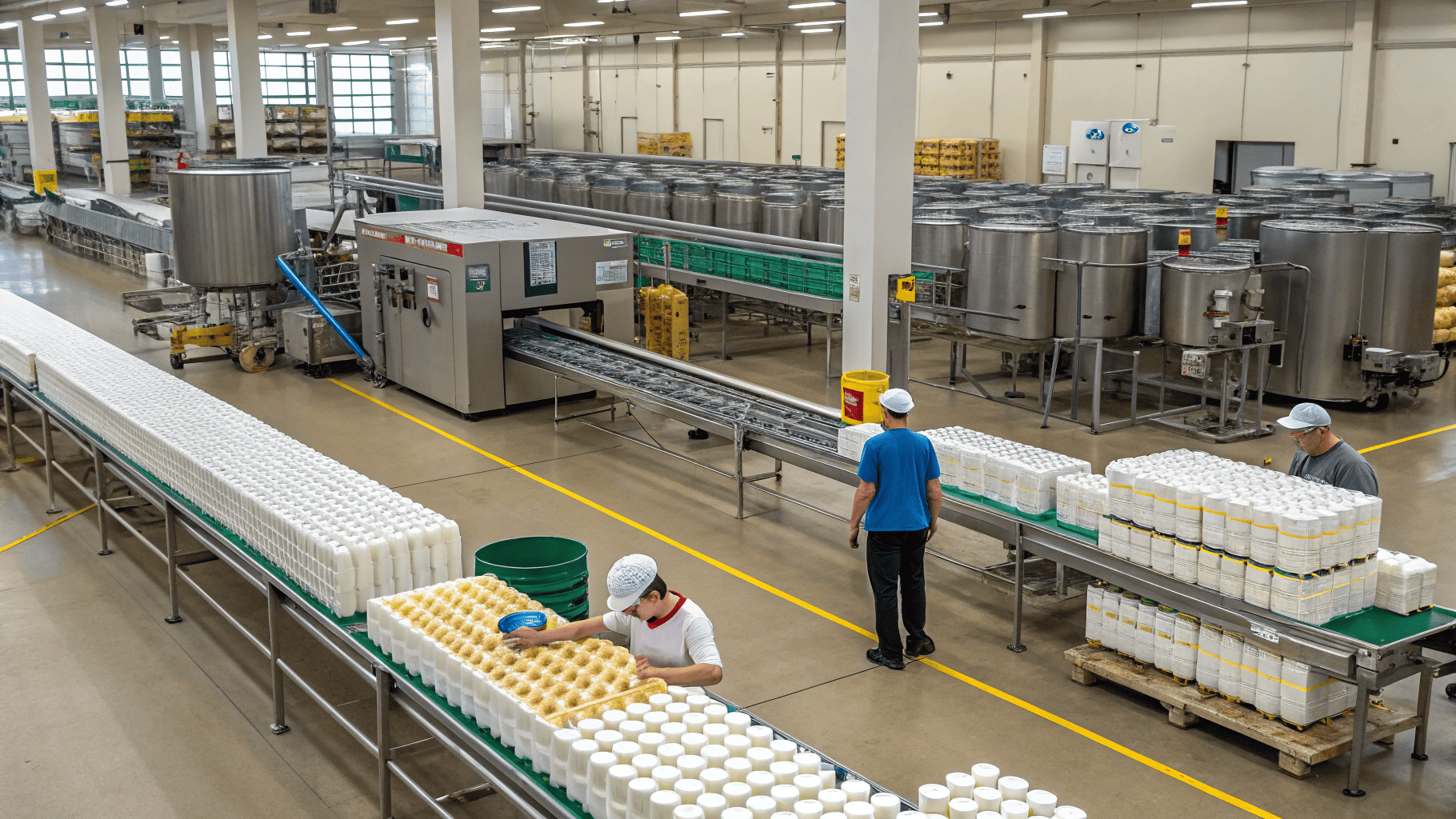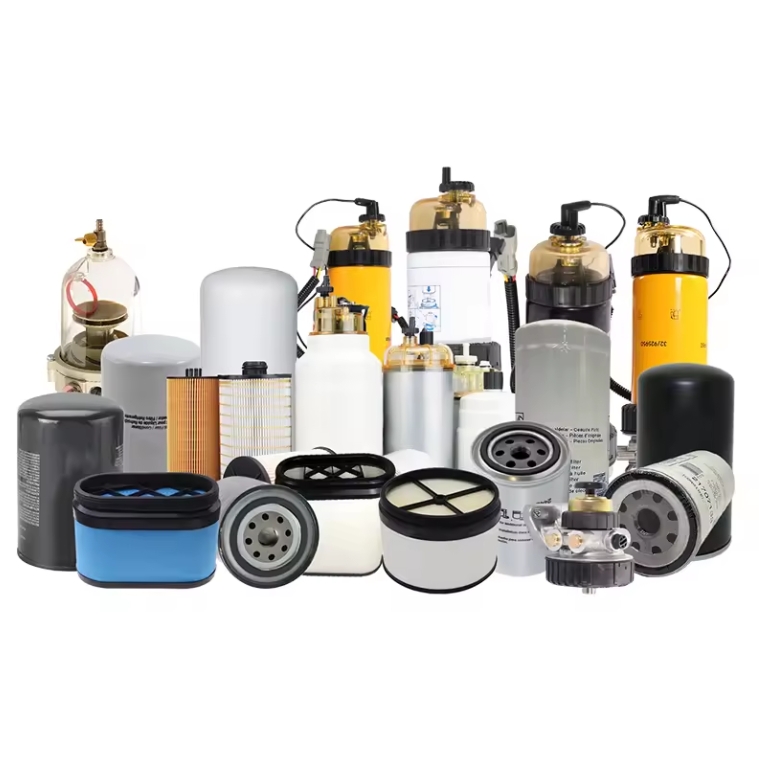
I still remember the first time I scrolled through endless supplier pages on Alibaba—my heart sank. I was hunting for a partner who could deliver filters that lived up to our promise at Newsure. It felt like searching for a needle in a haystack, but I knew getting this right would save me months of headaches down the road.
Finding that perfect match changed everything for our business.
Before we jump into the steps, let me share a quick story: when I first launched Newsure, I ordered from a factory that looked great on paper, only to get parts that failed basic tests. That tough lesson taught me to be methodical from day one.
What are the ways to find a reliable truck filter manufacturer?
I usually tell friends: start broad, then narrow fast. There are three simple places I always check first.
You can begin with online platforms, trade shows, and personal referrals.

Online marketplaces like Alibaba or Made-in-China help you cast a wide net. Trade fairs—whether online or in Guangzhou—give you a chance to chat face-to-face and gauge real enthusiasm. And never underestimate the power of a trusted colleague’s recommendation; hearing a genuine success story can fast-track your shortlist.
How to short down the long list of manufacturers?
Once you have a handful of names, the real work begins. I’m all about smart filters—both the product and the process.
I narrow them down by checking certifications, capacity, and actual customer feedback.

When I’m vetting suppliers, here’s my go-to routine:
- Certifications first. I ask for PDF copies of ISO-manufacturers1, TS16949, or any emissions-related reports to make sure they meet global standards.
- Production capacity2. I want to know if they can scale when my orders jump 2× or 3×. A quick question: “What’s your monthly output?” often reveals whether they’re a small workshop or a real factory.
- Customer feedback. I search for past buyers’ reviews on forums and LinkedIn, sometimes even asking for a reference call. Real people, real talk.
Sometimes, I go a step further and request a[factory audit3 to walk through the shop floor—either in person or via video call. Then I schedule sample runs with [pressure tests] to see if the filters hold up under stress.
Here’s a quick table I keep on my desktop to compare candidates:
| Criteria | Why it matters |
|---|---|
| Certifications | Proves they meet safety and quality rules |
| Production Capacity | Ensures they can grow with your needs |
| Customer Feedback | Shows real-world performance |
| Price Stability | Prevents surprise cost hikes |
Breaking it down this way helps me go from 50 possible vendors to 4 solid contenders in under a day.
What is the cost or price per item?
Talking money can feel awkward—like asking someone’s salary—but it’s critical. I start by asking for an FOB quote, which covers production and delivery to the port. Then I compare:
- Sample price vs. bulk price. Often, a small MOQ sample runs higher per piece, but bulk orders drop dramatically.
- Hidden fees. Ask up front about tooling charges or mold fees—they can sneak up on you.
- Payment terms. A 30% deposit and 70% Final payment, but sometimes I negotiate 20/80 if I’ve built trust.
From experience, a quality truck oil filter with standard paper media runs about \$2.50–\$4.00 FOB for orders over 10,000 pieces. Fuel filters tend to be \$3.00–\$5.50, and air filters around \$9.00–\$10.00. Always confirm whether packaging, labeling, and logo customization add extra cost.
How to communicate with manufacturers and suppliers?
Clear, consistent communication is the glue that holds everything together. I learned early on that a single missed email can mean days of delay.
I keep five simple rules for messaging: clarity, confirmation, consistency, courtesy, and cultural awareness.

- Clarity. I bullet-point my questions: “1) Lead time? 2) MOQ? 3) Available colors?”
- Confirmation. After every answer, I send a quick summary: “So, lead time is 30 days, MOQ 5,000, correct?”
- Consistency. I use the same format each time—my suppliers know exactly what to expect.
- Courtesy. A little “please” and “thank you” goes a long way, especially across cultures.
- Cultural awareness. Learning basic greetings in Mandarin or referencing local holidays shows respect.
By treating every chat like a mini-project, I build trust and avoid costly missteps. And if language barriers pop up, I switch to simple English and add screenshots or sketches—visuals cut through confusion fast.
Conclusion
Finding the right partner in China doesn’t have to be a leap of faith. With a clear roadmap—start broad, vet smart, discuss price openly, and communicate like a pro—you can turn those haystack moments into a reliable pipeline of high-quality filters. At Newsure, this approach has helped me build lasting relationships and deliver quality products and services to clients around the world. Now, it’s your turn to make search work for you.
-
Understanding ISO-manufacturers helps ensure compliance with international quality standards, crucial for reliable production. ↩
-
Evaluating production capacity is vital for scaling operations and meeting demand, ensuring business continuity. ↩
-
A factory audit provides insights into operational efficiency and quality control, essential for informed sourcing decisions. ↩




